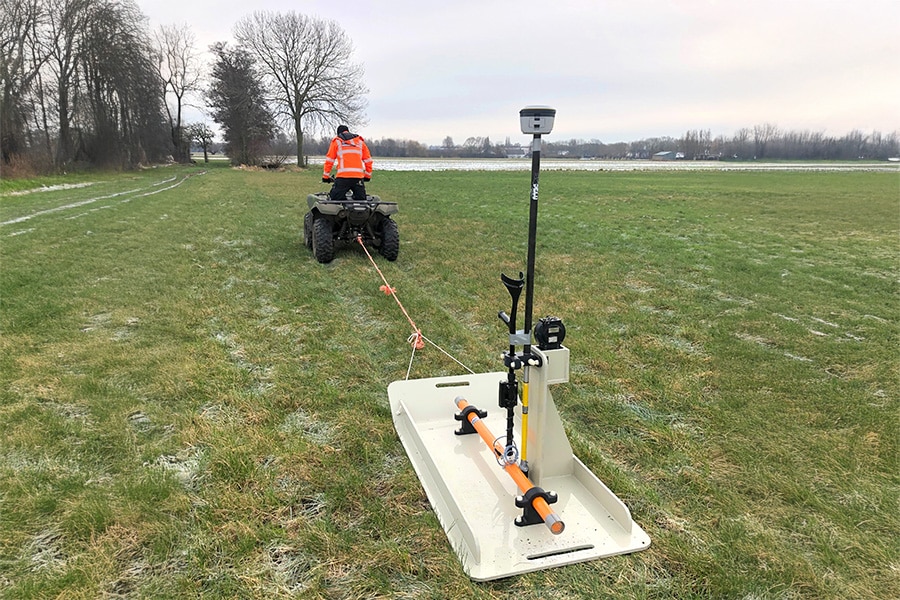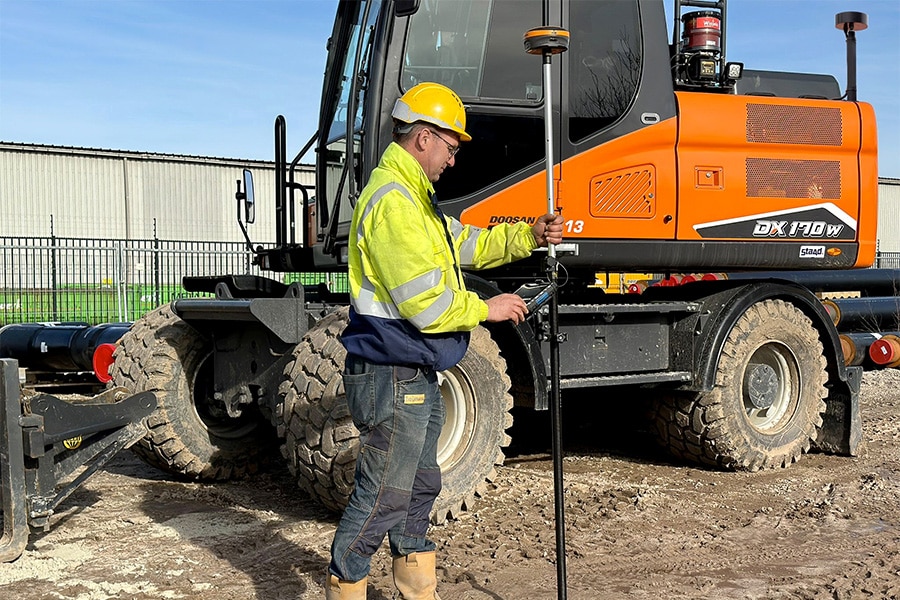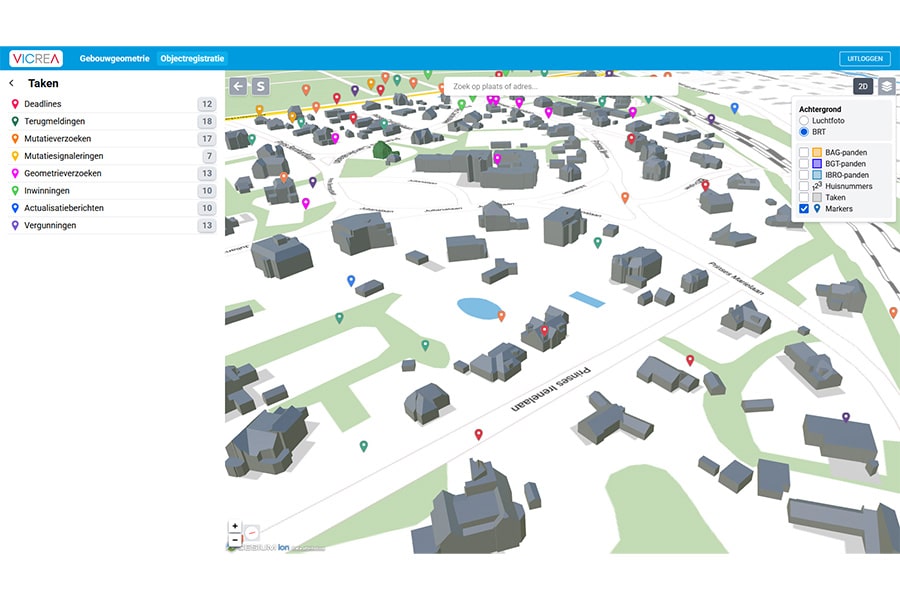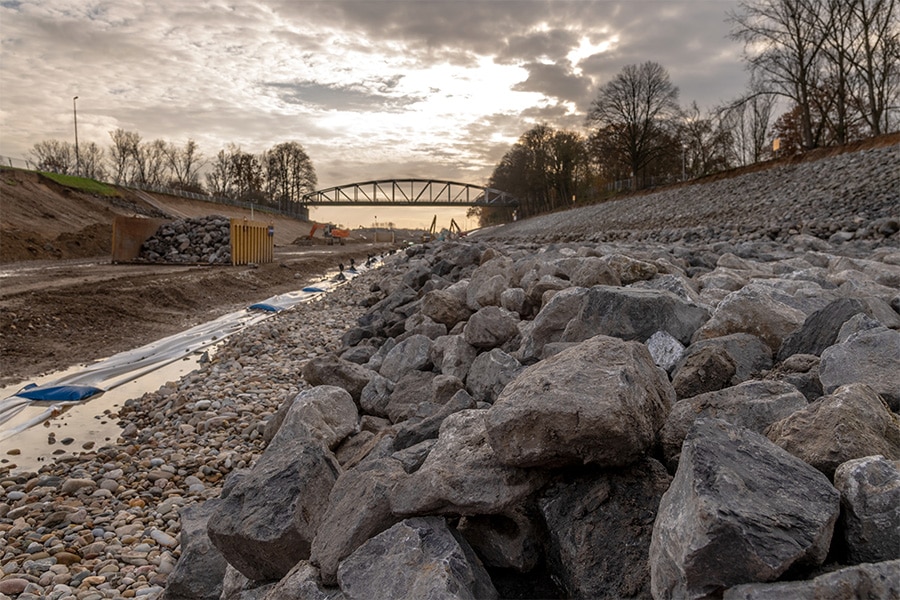
500,000 tons of natural stone processed in Juliana Canal
A small family business, but big in supplying road and hydraulic engineering materials such as crushed stone (hydraulic engineering stone), crushed stone (aggregates) and stacking stone. That, in a nutshell, is the strength of Roxx International BV. For the widening of the Juliana Canal, it supplied no less than 500,000 tons of various types of natural stone from Belgium, Germany, Norway and France.
"As an independent trading company, we are the connecting factor between producer, government and the customer," says Roy Maassen, director/owner of Roxx International BV. "We supply rocks for water and road construction, with hydraulic engineering projects being our specialty though. The rocks are used for bank, coastal and soil protection. Precisely because we are small, we can switch quickly, are always ready and can deliver quickly when the customer wants it. We are therefore getting emergency jobs with increasing regularity. For example, we recently delivered stones within 12 hours for the temporary and permanent barrier at Bosscherveld in Maastricht, after a dam burst caused problems for a dozen houseboats and the hinterland. In such assignments, it's all about mutual trust."
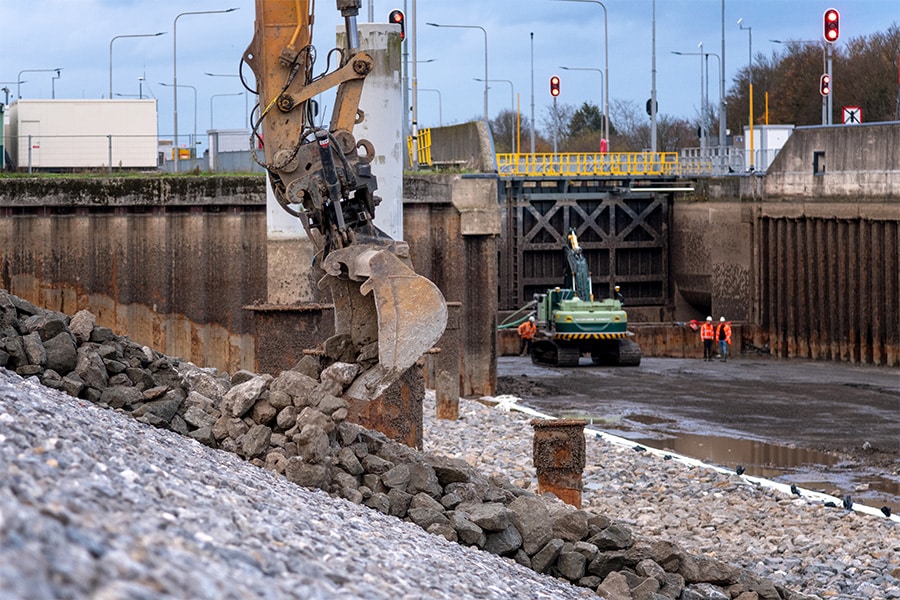
Capacity and quality
99% of the material supplied by Roxx International goes directly from quarries in Belgium, Germany, France and Norway to site of the respective client. So too do the rocks for the Juliana Canal. As much as 500,000 tons of material was delivered by Roxx International. "Capacity and quality were the two most important factors for Van den Herik in their request to us. From the various quarries, we delivered the bulk of the requested quantity from April to October 2024. These were various types ranging from granite and limestone to flint and special coarse round gravel. During the period of delivery, we had continuous consultations with Van den Herik to ensure the most suitable materials for the execution of the work."
From granite and limestone to flint and gravel
The rock was delivered by barges to the three specially constructed depot sites along the route of the Juliana Canal. From here, the rock is transported to its final destination. For example, for the construction of the temporary dam at Berg aan de Maas alone, a total of 15,000 tons of flint 4-32mm and 10,000 tons of quarry stone 5-40kg were delivered. On the bottom and partly also on the slope of the canal, bentonite mats were installed by Van den Herik. These are to be protected by a layer of round gravel 22-63mm, delivered from Germany and France. Where bentonite mats have not been installed, a layer of limestone 45-125mm will be added first. This layer of limestone is then covered with a layer of crushed stone weighing 5-40kg on the bottom and 10-60kg on the embankment.
Mutual trust
The relationship with Van den Herik is also about mutual trust. "We have been working together for a long time in an extremely pleasant way. I can justifiably say that we are proud that we contribute to the safety of Dutch waters both literally and figuratively with our hydraulic engineering stones."
